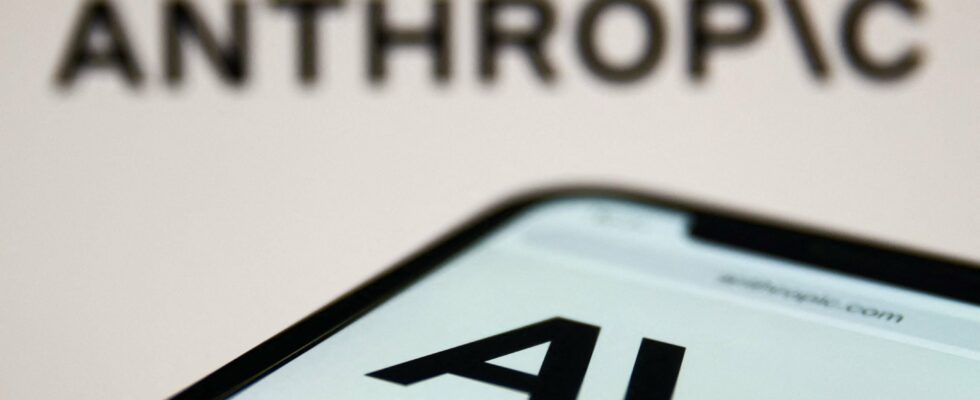A new generative artificial intelligence (AI) is arriving on the Old Continent. Anthropic announced overnight from Monday to Tuesday the arrival in France and Europe of Claude 3, its new series of generative artificial intelligence (AI) models, already deployed in the United States since their launch in March. And poses as a competitor to OpenAI which presented a new version of ChatGPT on Monday.
Internet users and European businesses will now have access to Claude.ai and “Claude Team”, which has secure access to the capabilities of the different models, for 28 euros per month per employee.
“Claude gives control to users and offers them the ability to easily create, reproduce and enrich their ideas both in the workplace and in their daily lives,” said Anthropic boss and co-founder Dario Amodei on Monday .
Opus, centerpiece of Claude 3
In detail, Claude 3 includes three gradual power models: Haiku, Sonnet and Opus. According to the Californian company, which counts Google and Amazon among its investors, Opus is their “most intelligent” model to date: its performance exceeds that of the market, particularly “for complex tasks”. “Opus shows us the extreme limits of what is possible with generative AI,” the company said at its launch last March, referring to “understanding comparable to that of a human being”.
Unlike its elder ChatGPT, Claude 3 does not yet produce images. But after having managed to raise more than $7 billion in three years, Anthropic is trying to distinguish itself from its competitors. His recipe? The establishment of stricter safeguards for this technology which excites as much as it worries. An approach which at first glance made Claude less impressive than ChatGPT. In March, the start-up nevertheless felt it had managed to get around the obstacle without sacrificing its values.
“Millions of people around the world are already using Claude to develop scientific processes, improve customer service or improve their texts. I can’t wait to see what European people and businesses will be able to create thanks to Claude”, s Dario Amodei was delighted. And to specify that Claude, whose API (platform reserved for developers) has been accessible in Europe since the beginning of the year, has a “solid level of understanding and expression” in French, German, Spanish, Italian and other languages. other European languages.
